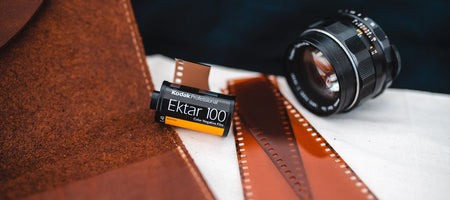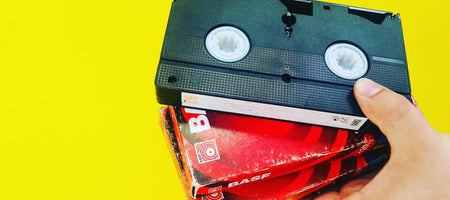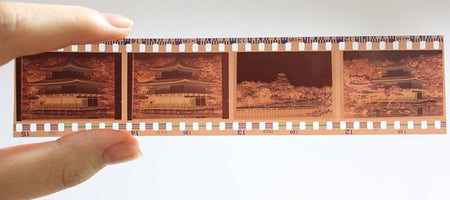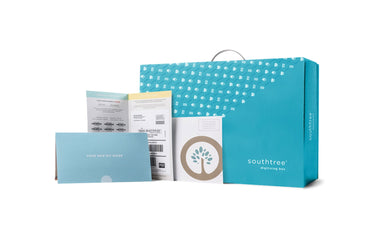Even though cassette tapes weren’t the most popular form of home media, some folks have valuable recordings saved on those little plastic and celluloid rectangles.
Even though it’s impossible to know the exact lifespan of every cassette ever made, we know their shelf life is shorter than you might think.
If you’re one of those folks who happen to have valuable cassettes sitting somewhere, it might not be a bad idea to give them a quick checkup. Unless you’ve been storing them in perfect conditions, there’s a chance your cassettes could be slowly losing fidelity as the years keep churning.
Let’s say you take the trip to the spare bedroom closet and notice that your box of cassettes have been smashed, smooshed, crushed, whacked, and moistured all over. Are they ruined? Is there any recovering from the mayhem?
Maybe.
I know we tell you this all the time, but it really depends on the type of damage that your cassettes have experienced. That means the first step to potentially restoring your old tapes is to give them a good look-over.
At first glance, you’re looking for a few things: mold, dirt, oil, smudges, stains, and grime. We can cure those ailments. We can’t cure snapped film, shattered cases, and chewed up spools.
If your cassettes don’t fall into any of those irreparable categories, there may still be hope! Here’s what you’ll want to do:
Give the cases a good cleaning.
Using a warm, soapy-water dampened rag, wipe off all the dust and grime that has been accumulating on the cases for the last 50 years. Be sure to get all the nooks and crannies.
Tighten the spools.
If the film has gotten a little saggy over the years (and really, who can’t sympathize with that?) get the film tight again. Twist one of the spools until the film is taught. You’ll also want to go ahead and rewind the tapes. Unless…
If you see mold on the exposed film, you’ll want to remedy that.
This is a painstaking process, but it’s necessary if you want to fix your tapes. Mold is damaging to everything: the case, the film, the spools, and even the playback equipment. If you see mold, you’ll need to get some really high percentage rubbing alcohol (90%+) and Q-tips. You’ll slowly and gently wipe the film with alcohol-soaked Q-tips from one side to the other. This is going to be a slow and painstaking process, but if you have mold, it’s about the only thing you can do to get rid of it. Keep in mind that you’ll want to use gloves while you’re fiddling with the high gravity rubbing alcohol.
Get those things digitized!
Once your tapes are all clean and shiny, you should send them to Southtree sooner rather than later. The last thing you want to do is put them back in that old box to wither away and lose their magnetism. Once that happens, whatever recordings were on them will be lost forever.
Cassettes seem like a safe form of media. There’s something there to feel and touch. Even though they seem sturdy, they’re still susceptible to the same forces that destroy everything else. If you have dirty cassettes in storage somewhere, you can try to clean them up with the methods above. The best thing you can do is create digital backups for all of them as soon as you can.
But definitely clean them up first!













